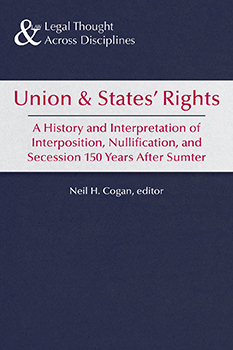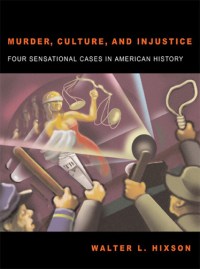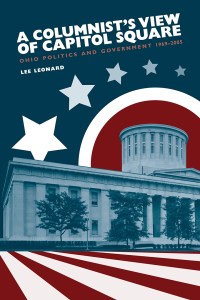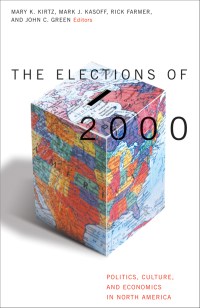Description
The third book in the &LAW series addresses the perpetual issue of state sovereignty in the federal union—‘states’ rights.’ From the 1770s, through the Confederate states’ secession, and continuing until now, a central issue of governance is state power to object to, cancel, or be immune from federal law. The issue is fervently debated in the political arena by Tea Party efforts to limit federal intervention in education and health care; and the nullification movement efforts to prevent federal gun control and marijuana regulations. And it is a linchpin of the Supreme Court’s ruling on the Voting Rights Act. This volume provides an intelligent voice in the debate about states’ rights—interposition, nullification, secession, constitutional amendment—150 years after Fort Sumter.
Did states ever have a right to secede from the Union? Could they nullify unconstitutional laws? Raising the deepest issues of constitutional law and theory, these questions go to the core of today’s debates over federalism. With its diverse line-up of historians and constitutional scholars examining these issues from every angle, all future debates over secession and nullification must start with this book.
—Randy E. Barnett, Carmack Waterhouse Professor of Legal Theory at the Georgetown University Law Center
No other country has tied itself as tightly to written constitutional limitations on government, nor is there any country in which (as Tocqueville observed long ago) the gravest political controversies are ultimately expressed in constitutional terms. There are some great virtues to American constitutionalism, despite our excessive commitment to textual literalism. But the text frequently gets us into terrible difficulties, and none has been more anguished than our uncertainty about the constitutional status of the federal union. Is the Constitution a compact among the several states, and therefore revocable if the terms of the compact are violated? Or did the Framers and the states that ratified the Constitution create a truly national entity? If so, what are the limits of national control over state affairs? This conflict was of course at the heart of America’s most profound crisis, the Civil War. But the point of this superb collection of essays is to suggest that constitutional contestation over the nature and limits of federal power is still very much the leading source of constitutional uncertainty in these United States.
—Stanley N. Katz, Professor in Public and International Affairs and Director, Center for Arts and Cultural Policy Studies, Princeton University
Before it became a grim reality in 1860 and 1861, secession (including interposition and nullification) was a hotly debated topic among constitutional theorists, a bargaining chit used by Southern states rights politicians; for plain folk of the old South it was a commonly accepted proposition and a source of sectional self-identification. This fine collection of essays—some original, some synthetic, and all clearly argued—captures the nuanced and multidimensional nature of the subject that undelay so much of antebellum and Civil War history and historiography. Established scholars and students alike will find much to admire.
—R. Kent Newmyer, Professor of Law and History, University of Connecticut Law School




